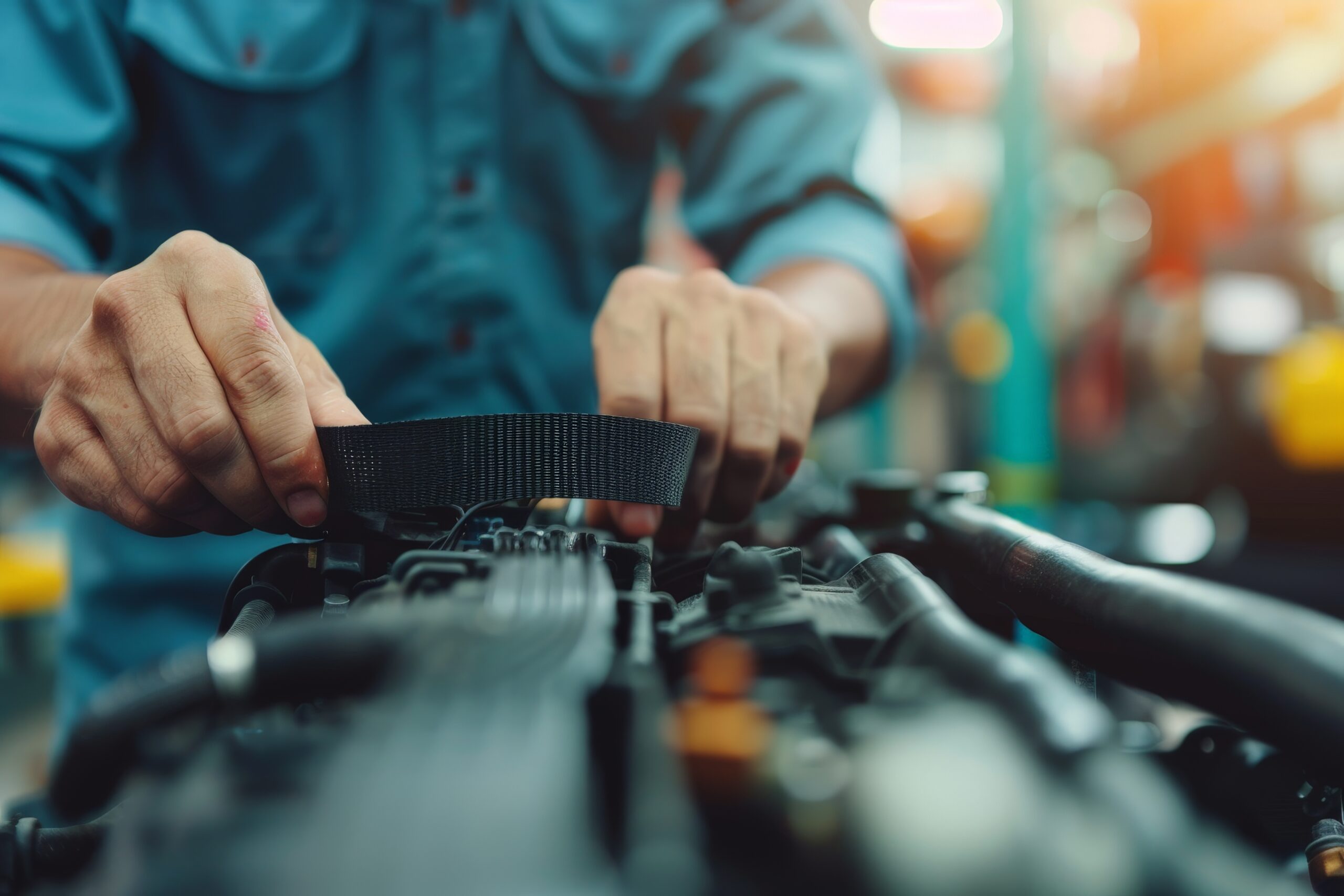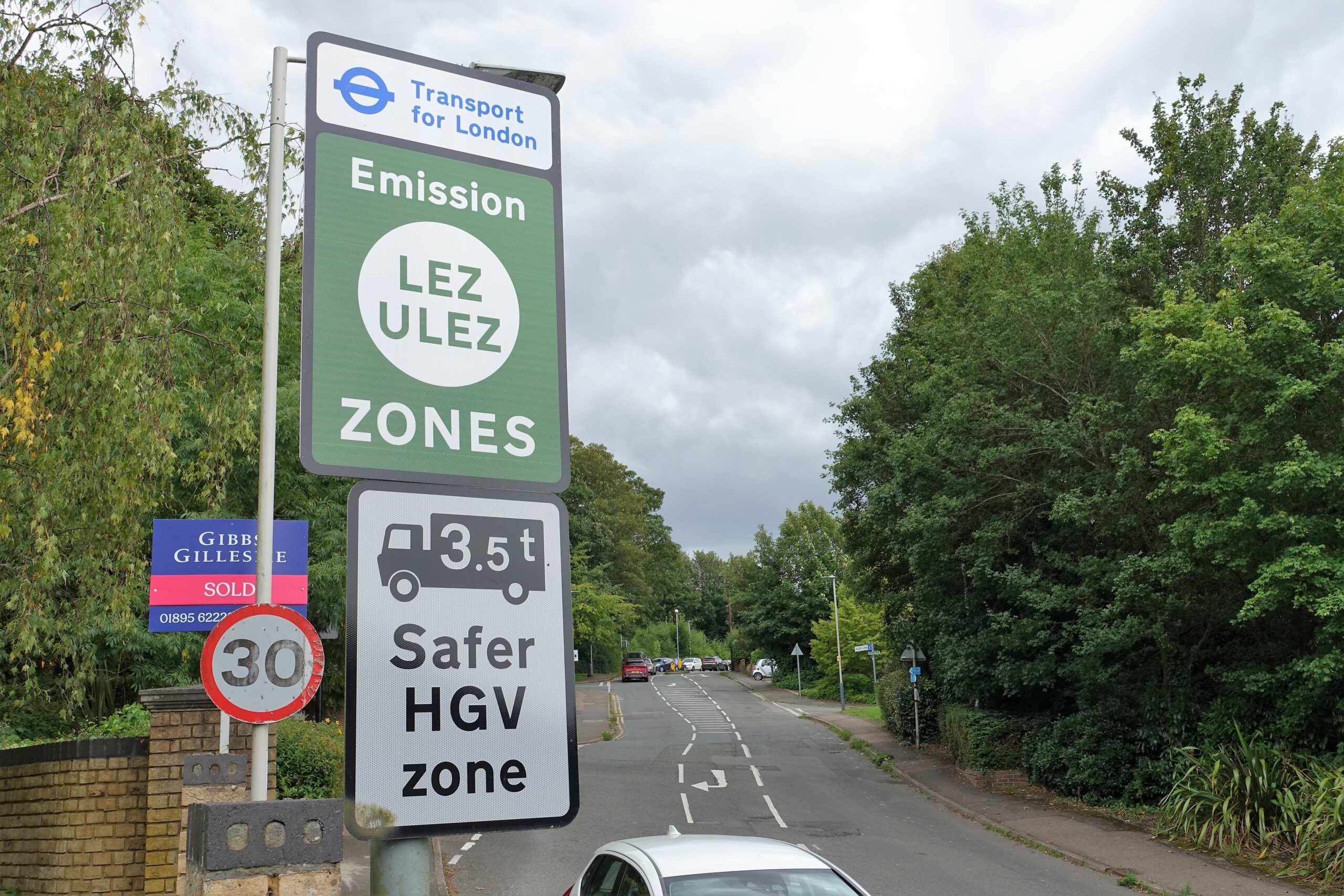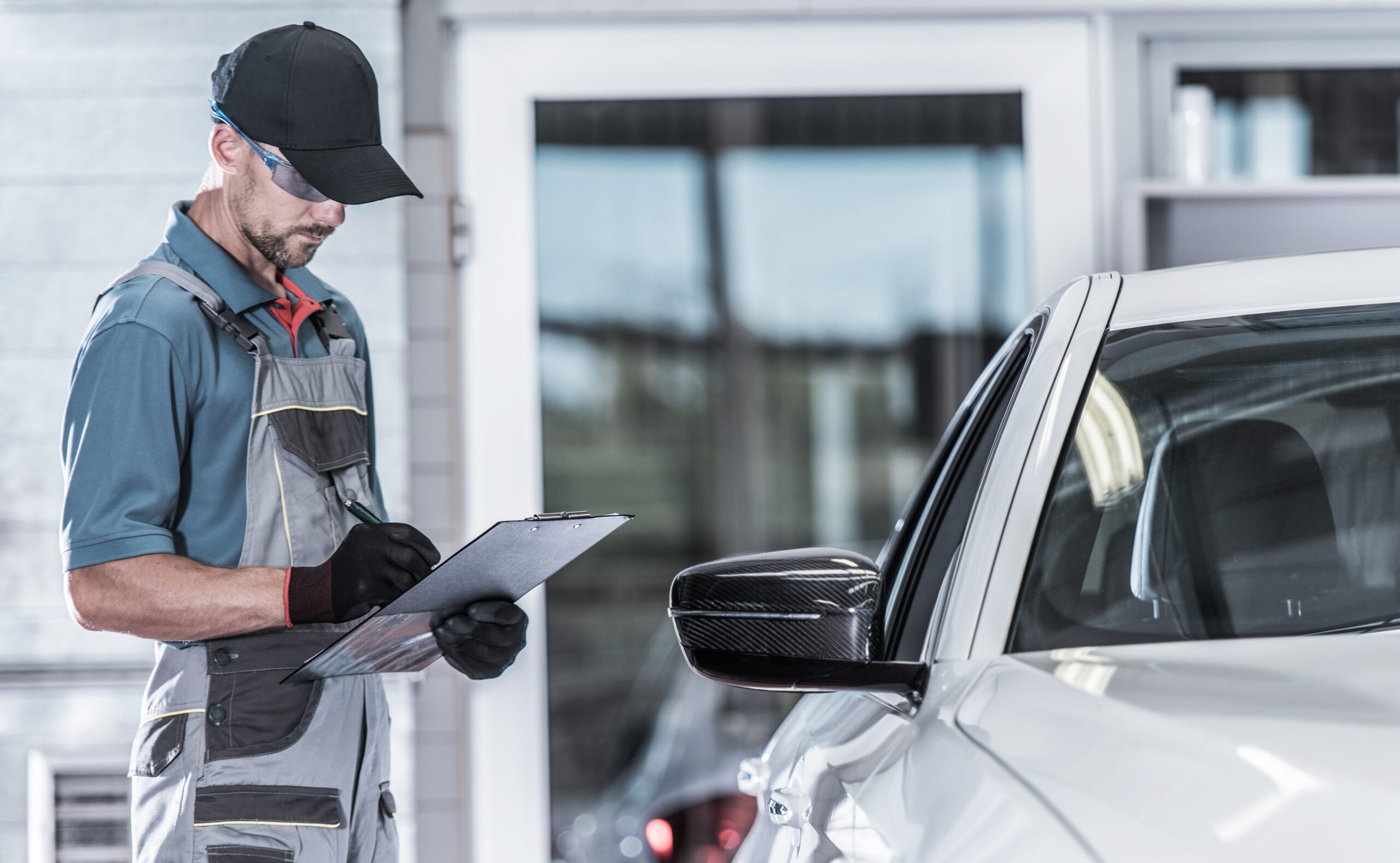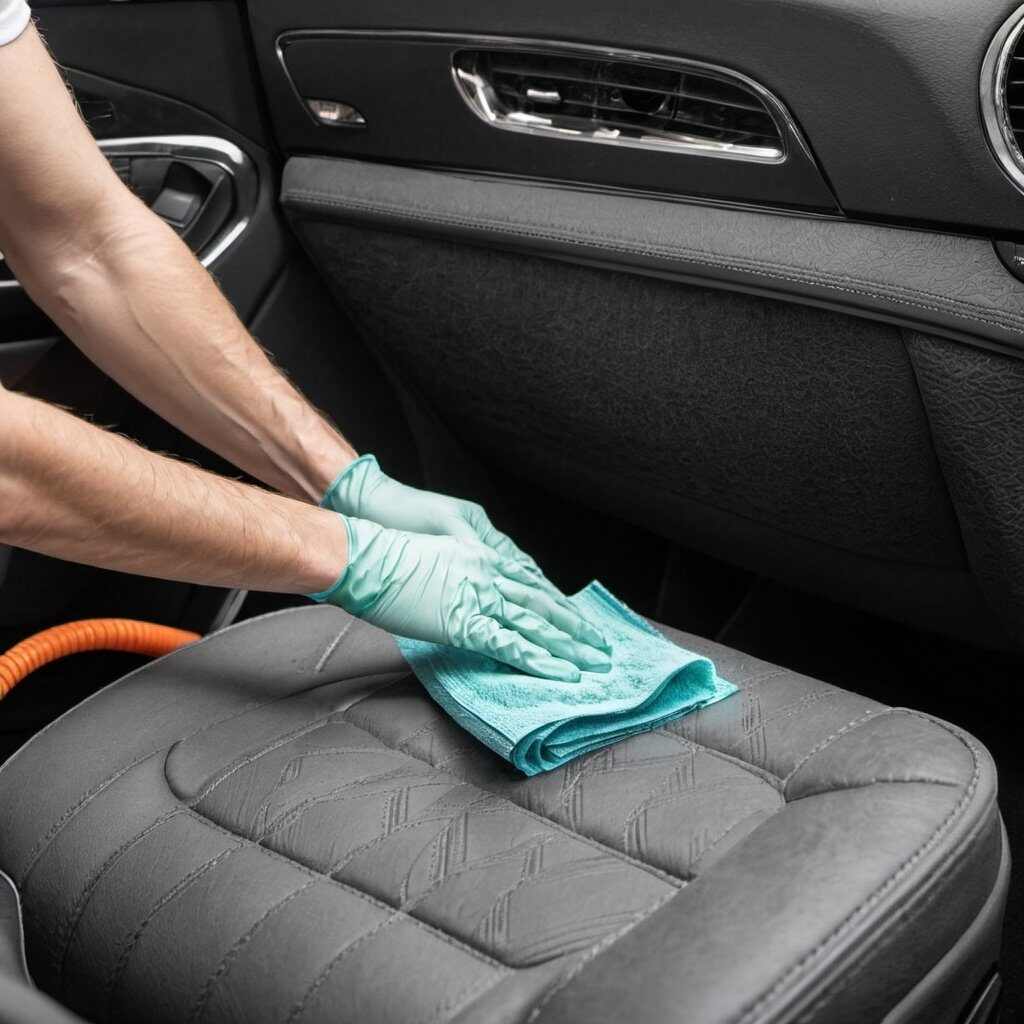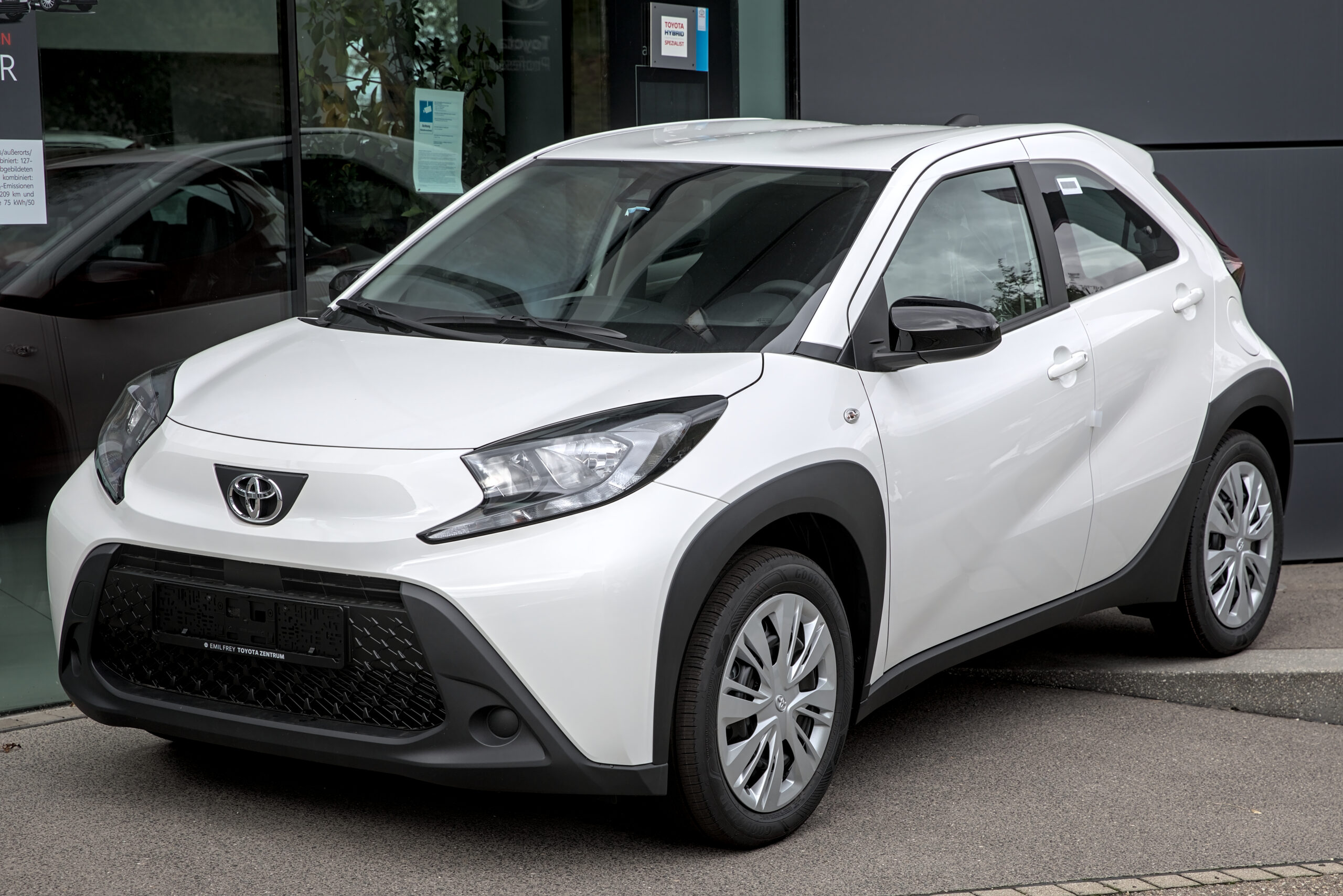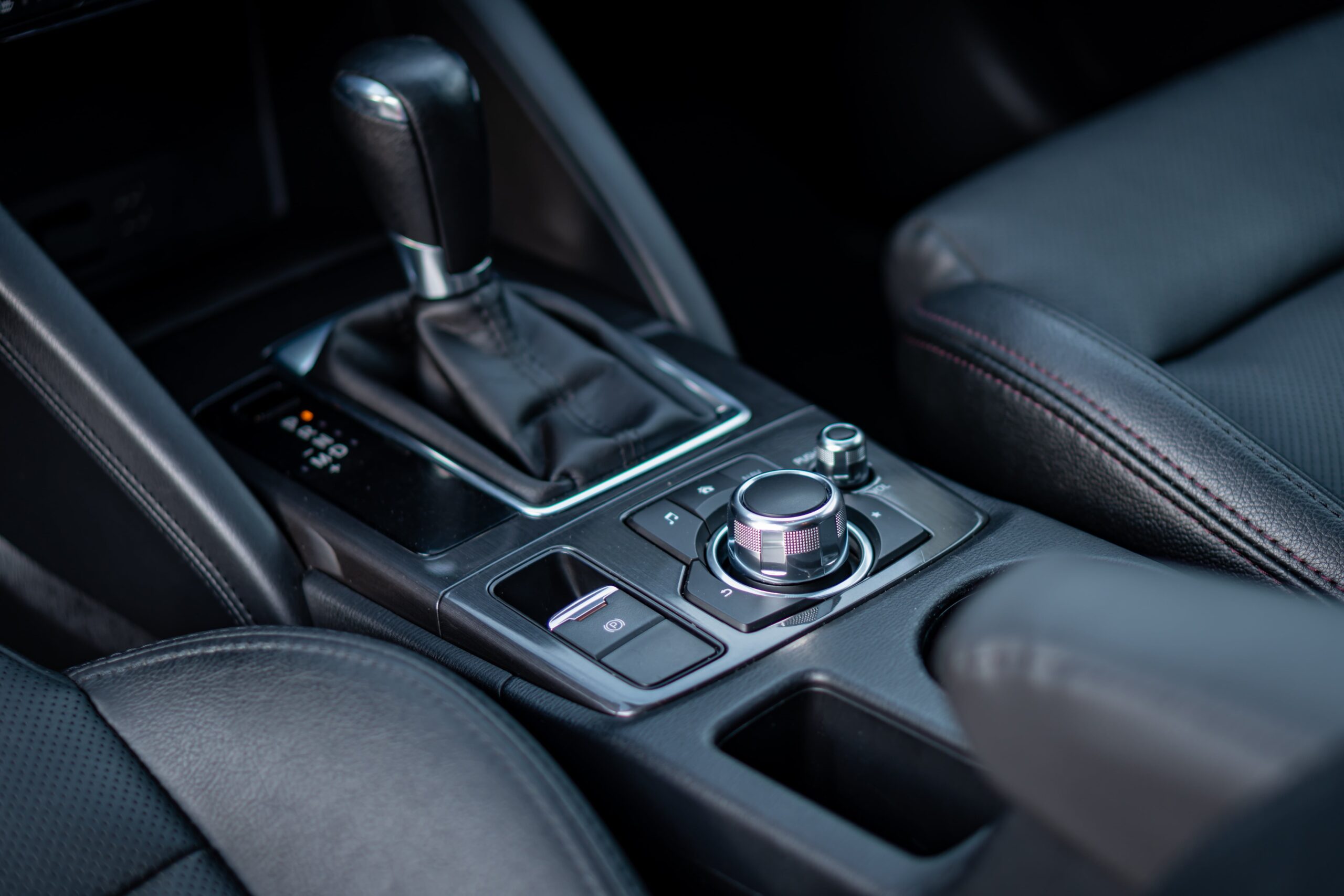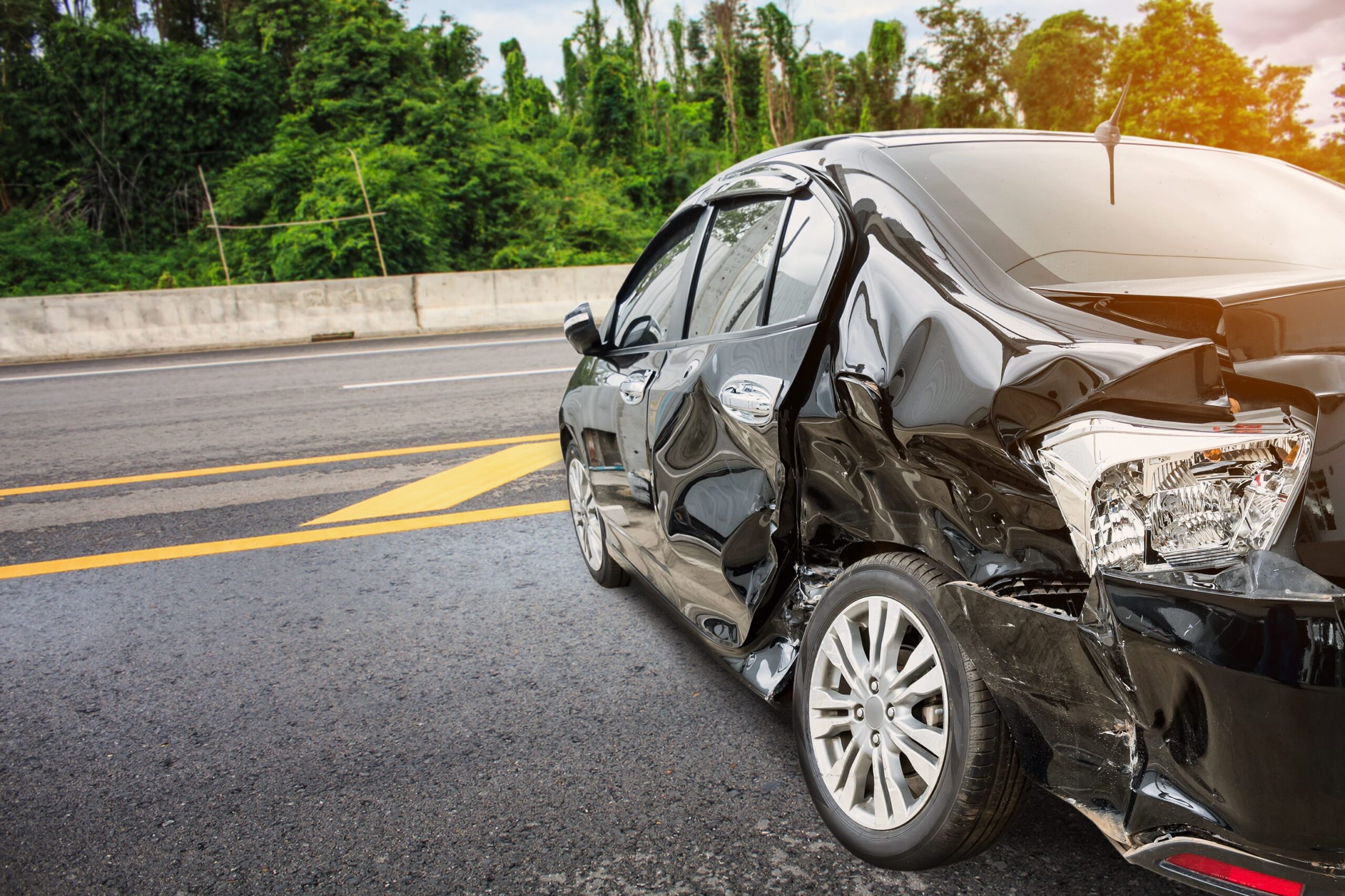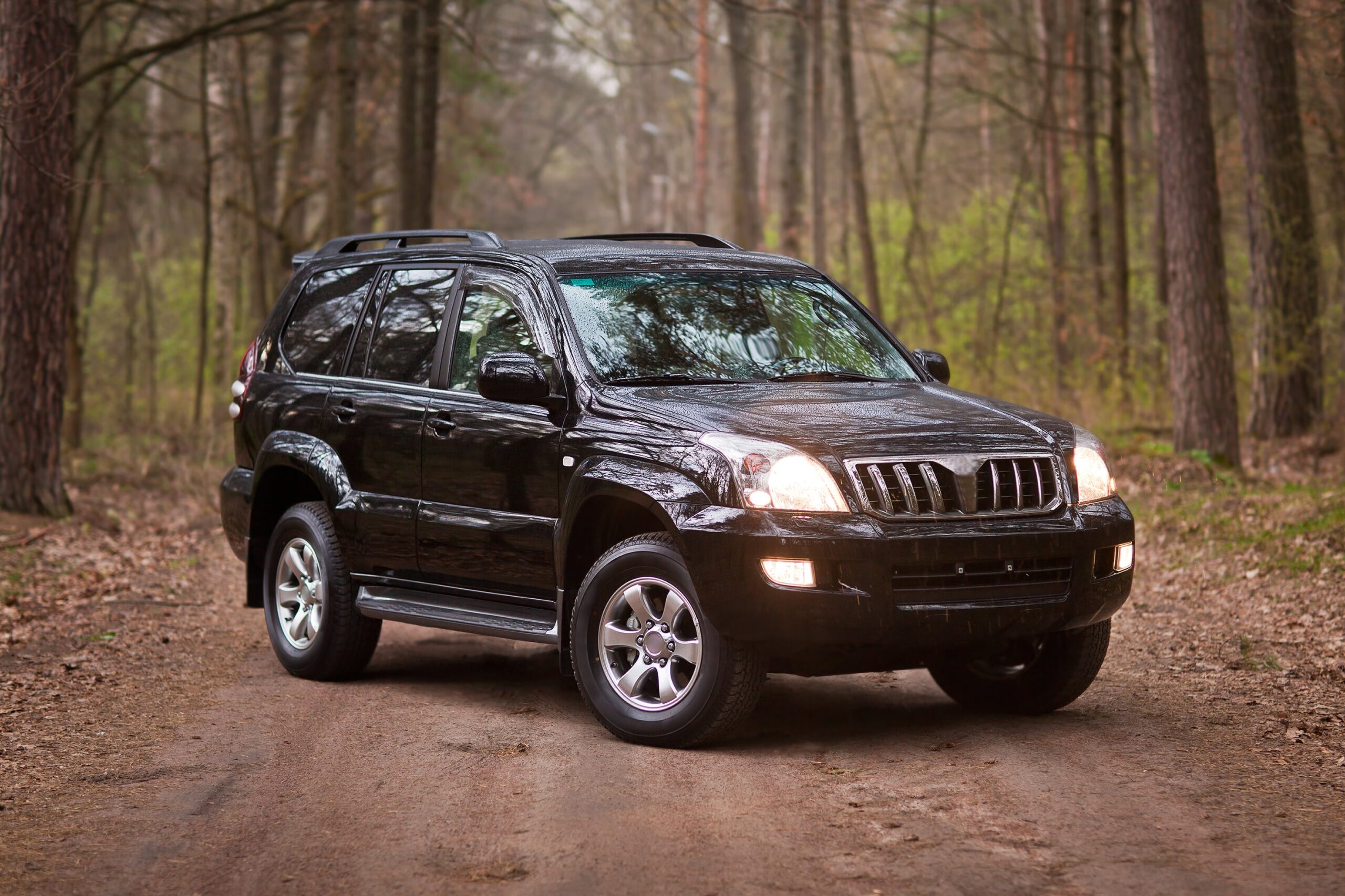
How Much is My Car Worth? (Free Instant Valuation)
The question, “How Much is My Car Worth” is one that every car owner will ask sooner or later, especially when considering selling or trading in a vehicle.
Determining your car’s worth isn’t as simple as checking your purchase price or age.
There are multiple factors that can influence your car’s value, such as mileage, popularity, the condition of the vehicle, and even its service history.
In this article, we’ll walk you through these influencing factors, provide some methods to estimate your car’s value, and share tips on how to maintain or increase your vehicle’s resale value.
Let’s gain some insights and help you get the best deal for your car.
9 Factors That Affect Your Car’s Resale Value
When calculating your car’s market value, several factors come into play.
It’s not just about the make and model, although those are definitely important.
Things like modifications, previous owners, accident history, and even colour can significantly impact your vehicle’s value.
So let’s take a closer look at each of these factors. This will help you better understand how much your car is worth so that when it’s time to sell or trade, you can get the best possible deal.
Popularity – Most Desired Makes and Models

Certain vehicle makes and models are more popular than others, and this popularity influences their value. High-demand cars tend to retain their worth better, primarily if they’ve earned a reputation for longevity, fuel efficiency, or exceptional performance.
For instance, cars that are renowned for their reliability, like Toyota and Honda, often have excellent resale value.
Luxury brands like Mercedes-Benz or BMW also hold their value reasonably well due to their prestige and high-quality construction.
However, the popularity of a vehicle can fluctuate based on trends, fuel prices, and advancements in-vehicle technologies.
Therefore, researching and staying updated about market trends can help you understand the potential resale value of your vehicle.
Low Mileage Equals Higher Value
Mileage sits high on the list of the most critical factors in determining a car’s worth.
It’s quite straightforward: the fewer miles a car has been driven, the higher its value.

Lower mileage vehicles are generally seen as more desirable because they usually have less wear and tear. They’ve spent less time on the road, which means fewer chances for bumps, scratches, and mechanical issues.
Not only is lower mileage perceived as better, but it also means fewer maintenance costs and greater value in the long run.
But remember, a car with unusually low mileage for its age can also raise questions.
After all, a car is built to be driven, not sit idle in a garage.
Also Read: How to Look After a Car You Don’t Drive Regularly?
Age and Overall Condition

Your car’s age and overall condition matter for much the same reason as mileage does.
A newer vehicle or one that’s been well cared for is generally in better condition than an older one, so it will have a higher value. This means that regular maintenance and service are essential to keeping your car in optimal condition, which will help it retain its value over time.
It’s also worth remembering that certain models may become collectable or iconic as they get older – think classic cars like the Aston Martin DB5 or Austin-Healey 3000.
As such, these vehicles tend to have a higher value than their more modern counterparts.
Ready to Upgrade Your Car?
Sell your current car fast and hassle-free. Provide a few details, and get an instant offer to kick start your car upgrade journey.
Service History Matters

A car’s service history is also key to understanding its worth!
If you have regular maintenance records, such as oil changes and repairs, it shows that you kept your car in good condition, which can be a valuable bargaining chip when negotiating with potential buyers or traders.
Without any proof of routine care and attention, buyers may perceive the car as being unreliable and may be willing to pay less than if it had a service record. Keeping your vehicle serviced on time can make a real difference to its value. Moreover, having a full-service history will also help you get the best price for your car.
Ultra Low Emission Zone (ULEZ)

The introduction of the Ultra Low Emission Zone (ULEZ) has added another layer to the factors affecting cars’ value.
Vehicles that comply with these emission standards are now more desirable in the UK car market, leading to a potential increase in their valuation.
The ULEZ charge, applicable to cars that don’t meet the requisite emission standards when they enter the zone, has prompted buyers to look for ULEZ-compliant vehicles.
This increased demand can result in higher resale value for vehicles that meet the regulations, making eco-friendly, low-emission cars a smart investment.
As these regulations become more widespread, this trend is likely to continue, further emphasising the importance of considering emission standards when evaluating a vehicle’s worth.
To see if your vehicle is ULEZ-compliant, you can use our ULEZ Car Check tool.
Accident History

If your car has been involved in an accident, it could potentially impact its resale value. Buyers tend to be cautious about vehicles with accident histories, even if they’ve been repaired properly. The type and extent of damage and the quality of repairs all play a role in how much the accident history can affect the car’s worth.
A car that has been “totalled” or “written off” by an insurance company can be particularly difficult to sell. This is a term used when the cost of repairing the car exceeds its value. While it’s possible to repair such cars and get them back on the road, the accident history will remain in their records, making them less appealing to potential buyers.
If an accident does occur, ensure that all repairs are thoroughly documented to demonstrate to potential buyers that the vehicle has been well cared for despite the mishap.
Related: 8 Immediate Actions to Take After a Car Accident
Modifying Can Hurt Your Car’s Worth

While modifying your car can be satisfying, it’s worth keeping in mind that it could affect the value when it comes time to sell or trade.
Any modifications you make need to not only suit your tastes and personality but also be attractive to potential buyers.
Aftermarket add-ons like body panels, decals, and rims may look nice but rarely add value.
In fact, many buyers are wary of aftermarket options because they don’t know how well the work was done.
Plus, customisations can narrow down your potential buyer pool.
Another consideration: exterior colour. While it doesn’t have a huge impact on pricing, more common colours— white, blue, black, and silver—tend to sell faster than bolder choices like orange and purple.
Safety Features

Safety features can be a major factor in determining the resale value of a car.
Modern cars include an ever-increasing array of safety measures, from airbags to anti-lock brakes, electronic stability control, blind spot detection, and rearview cameras.
While these may seem like minor details, buyers are increasingly on the lookout for vehicles with sophisticated safety systems.
This means that cars equipped with the latest safety features will be more attractive and have a higher resale value than those without.
It is also worth checking out any safety ratings your car may have in order to see where it stands, as this can provide an additional information point for prospective buyers.
To check your vehicle’s safety ratings, refer to the Euro NCAP website.
Ownership History

A car that has had fewer previous owners is typically seen as more valuable. This is particularly true if the car was a “one-owner vehicle,” i.e., owned by a single individual or entity since it was brand new.
One-owner cars are often in better condition as they’re more likely to have been consistently maintained and serviced by the same person who understands the vehicle’s history in detail. Moreover, the longevity of ownership can imply a level of care and attachment to the vehicle, making it more appealing to potential buyers.
On the other hand, a car that has changed hands multiple times might raise concerns. Each time a vehicle is sold, there’s a chance that its condition could degrade, depending on how each owner treats it.
Multiple owners could lead potential buyers to question the car’s reliability and history, potentially lowering its resale value.
Therefore, whether you’re buying or selling, it’s worthwhile to consider the number of previous owners a vehicle has had.
From a buyer’s perspective, this factor can provide some insight into the car’s maintenance and care. And for sellers, being able to advertise your vehicle as a “one-owner car” can positively impact its resale value.
How Much Is My Car Worth?
Here are three different methods to accurately get your car value:
Online Valuation Tools
If you’re someone who doesn’t want to spend much time researching and calculating, online valuation tools are the way to go. They provide a quick, easy, and relatively accurate estimate of the value of your car.
All you need to do is enter some basic information about your vehicle, such as its make, model, or registration number, and the tool will generate an approximate value.
In particular, the ‘Exchange My Car‘ platform provides a valuation and instantly gives you the best deal possible.
This can save a significant amount of time and effort, making the process of selling or trading your vehicle considerably more straightforward.
Unsure of Your Car’s Value?
Don’t let uncertainty stop you. Get a free, instant quote right now. Just a couple of simple steps and you’ll know what your car is worth.
Local Dealership Quotes
Taking your car to several local dealerships and obtaining direct quotes is another method to determine its value.
This traditional, old-school approach gives you a tangible offer and can often lead to insightful conversations with industry professionals.
However, there’s a caveat to this method. Some dealers, understandably, aim to maximise their profits. Therefore, their quotes might not always reflect the best possible price you could obtain for your vehicle.
It’s worth noting that local dealer quotes often factor in potential repair or refurbishment costs they might incur, which can result in a lower offer.
Hence, while local dealer quotes can provide a baseline, they shouldn’t be the sole determinant of your car’s value.
Professional Appraisal
A professional appraisal, though more costly than other methods, can deliver a highly accurate evaluation of your car’s worth.
Appraisers are experts who can conduct an in-depth assessment of your vehicle, examining its overall condition, verifying its history, and considering other variables that could impact its value.
However, keep in mind that this service comes with a cost; the fee for a professional appraisal can vary depending on the reputation of the appraiser.
Despite the cost, their insightful and comprehensive evaluation could prove to be a worthwhile investment.
Online Classifieds
Online classifieds can be a valuable resource for assessing your car’s value.
Websites such as eBay Motors, Craigslist, or Autotrader provide a platform where you can compare similar cars’ asking prices.
By closely examining vehicles with similar make, model, year, condition, and mileage to your own, you can get a feel for the going rate in the open market.
Remember that these are asking prices, and the final sale price may be negotiated down.
Nevertheless, browsing online classifieds can give you a good idea of how buyers currently perceive the value of your car.
Related: How to Take Car Pictures that Will Attract Buyers
How to Increase/Maintain Your Car’s Resale Value
Now that we’ve explored how to determine your car value. Let’s dive into some proven methods to increase or maintain your car’s resale value over time.
Choosing Car Models with High Resale Value

Choosing a car model that holds its value well over time can be a smart financial move. Some brands and models are renowned for their durability, longevity, and timeless appeal, invariably translating into higher resale values.
Luxury vehicles, for instance, often maintain their value due to their superior build quality, brand prestige, and high-end features.
However, even within the realm of everyday cars, some models tend to depreciate slower than others.
Therefore, researching and selecting a make and model with a strong track record of high resale value can give you a head start in maintaining your vehicle’s value over the years. Not only does this mean you’ll get more when you sell or trade-in, but it also implies lower total ownership costs, making it an astute long-term investment.
Regular Maintenance and Servicing

Regular maintenance and servicing are crucial to preserving your car’s value over time.
Consistent upkeep, including routine oil changes, tire rotations, brake checks, and scheduled servicing, ensures that your car remains in optimal condition, thus enhancing its longevity.
It is advisable to adhere to the maintenance schedule provided by the car’s manufacturer in the owner’s manual, as this is tailored to ensure the best performance and longevity for your specific model.
Importantly, maintaining a comprehensive service history can significantly increase a car’s resale value. Potential buyers are likely to be more confident in a vehicle’s condition if they have documented proof that it has been well-maintained and serviced regularly.
Keeping it Clean

Keeping your vehicle clean, both inside and out, can greatly contribute to maintaining its worth. Regular washes and wax applications can protect the exterior paint from scratches, fading, and rust.
Interior cleaning is equally important, ensuring that the upholstery, carpets, and surfaces remain in good condition.
Avoid eating, smoking, or transporting pets in your car, as these activities can lead to unpleasant odours, stains, or damage.
Furthermore, try to park your car in a garage or under cover whenever possible to protect it from weather-related wear and tear and avoid instances of vandalism or accidental damage.
Ensuring that your car remains clean and unharmed demonstrates a level of respect and care for the vehicle that will undoubtedly be reflected in its value when it’s time to sell or trade it in.
Related: How to Keep Your Car Smelling Clean if You Smoke or Vape
Drive Carefully and Avoid Accidents

Each accident, however minor, can result in damage that devalues your car (recorded in the vehicle history report), not to mention the potential impact on your insurance premiums.
Driving defensively, adhering to speed limits, respecting traffic rules, and staying focused on the road can significantly decrease the risk of accidents.
Regularly inspecting your car for any issues, such as tire pressure, brake functioning, and fluid levels, can also prevent unforeseen incidents.
Remember, a clean driving record and a car without accident damage can considerably enhance your vehicle’s resale value and appeal to potential buyers.
FAQ (Frequently Asked Questions)
How Much Is My Car Worth After an Accident?
The value of your car after an accident can considerably decrease, depending on the extent of the damage and the cost of repairs. Factors involved include the car’s condition before the accident, the severity of the crash, and whether the accident is recorded in the vehicle’s history report.
A minor fender bender might not significantly impact the car’s worth, but a major collision could lead to substantial depreciation.
How Much Is My Car Worth to Sell Privately?
When selling privately, your car value can vary greatly based on several factors. These include the car’s make, model, year, mileage, overall condition, and current market demand. Generally, selling privately can yield a higher price compared to trading it in at a dealership, as you’re selling directly to the buyer.
But you should also factor in the time spent advertising, negotiating, and preparing for sale.
How Much Is My Car Worth for Scrap?
The value of your car as scrap largely depends on the vehicle’s make, model, age, weight, and condition. Most scrap yards value vehicles based on the weight and the current price of scrap metal, as the car will likely be salvaged for parts and then crushed for scrap metal. However, if your car has valuable parts in good condition, it could be worth more. It’s advisable to contact several scrap yards or use an online scrapping valuation service like sell my scrap car for quotes to get an accurate estimate of your car’s scrap value.
Conclusion
The best way to answer the question of “how much is my car worth?” is to be knowledgeable about all the factors influencing its value.
Popularity, mileage, age and condition all matter, but so does accident history, service history, making modifications, safety features, and ownership history.
You can gain insights into your car’s worth by using online valuation tools, getting a quote from a local dealership or professional appraiser, or even browsing online classifieds.
If you want to maintain or increase your vehicle’s resale value over time, then choosing models with high resale values in mind combined with regular maintenance and servicing is the ideal route to take.
We hope this article has given you a better understanding of the factors that will influence your car’s worth and how to get an accurate idea of its resale value.
